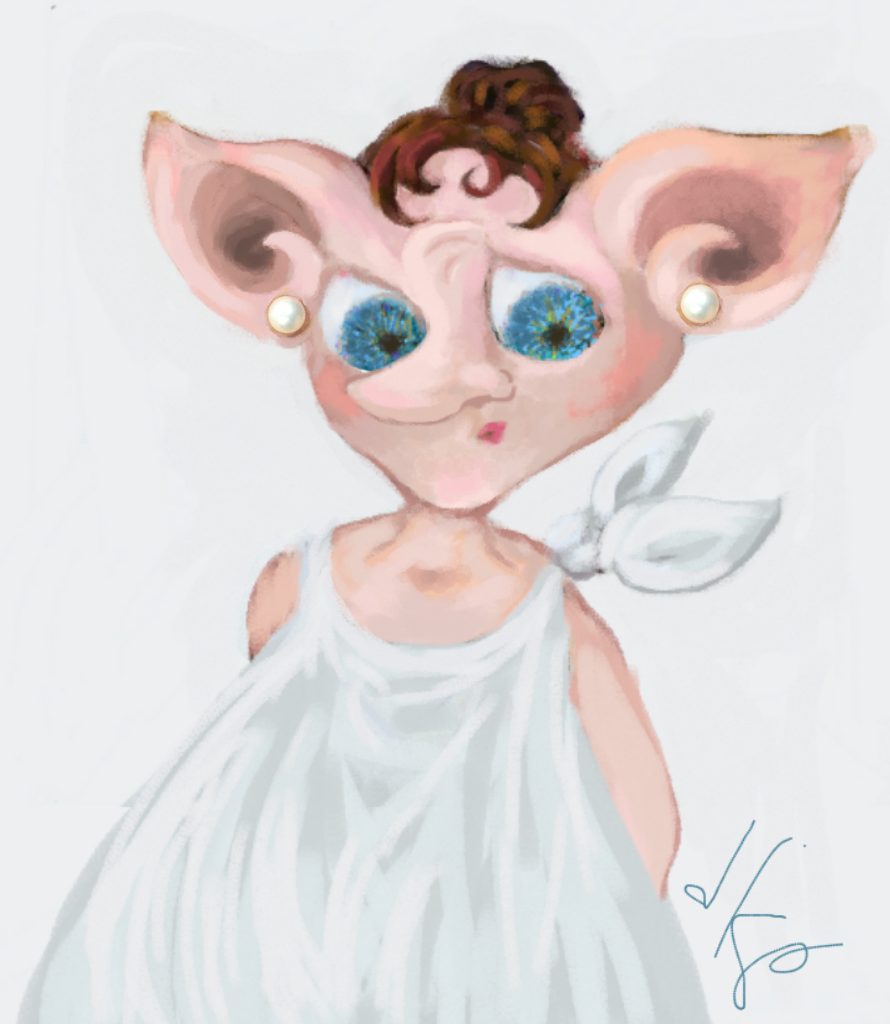Thinking about Haiku
I enjoy haiku poetry (some of it). If the poem was originally written in Japanese, then I have to rely on a translation. Sometimes I do look at the original poem as it is written in Japanese, so that I can get an idea of the sound and their equivalent of our syllables. Of course, there's great controversy over whether English versions of haiku (or even English translations of haiku) are valid, I won't go into that. In my opinion, English versions of "haiku" have simply evolved into a form of their own, which may or may not be akin to the original form as it came to us from Japan. So, I enjoy English "haiku" in its several variations. I like them best if they are of medium length ~ the short ones being too choppy, the long ones seeming clunky and inelegant, not "haiku" at all.
I write some silly haiku, which would be a disgrace to the form if anyone was foolish enough to take it seriously. But, since I have been writing them, comical as they are, I've taken more of an interest in the truer forms. Occasionally I write an inspired haiku, not just a silly one. I tried to read up on it, and thought I had a handle on it; but the more I thought I understood, the worse my little "poems" became. Clearly, something is missing in the business of sticking to the perceived syllabic count (I don't do the 5-7-5 anymore anyhow ~ stopped that long ago). The concept of always including or implying a season and halting at spots to duplicate the Japanese form doesn't really work, either. But the most frustrating thing was to read that Japanese haiku poems don't make use of metaphor or simile, alliteration, rhyme (of course) or other western poetic conventions, threw me off at first. It's pretty difficult to remove traces of metaphor or simile from poetry written in English, because metaphor, particularly, is implicit in so many of the words and phrases we use daily. They're just second nature now.
But if any Japanese poet can be said to be the father of haiku poetry, it would be Basho (of "Old Pond" fame). Now, I've been taking a look at Basho's poems in translation ~ other than "Old Pond," which seems to be the most famous. Sound, syllables, and the cutting word (or kiri) aside, it seems as if the noun words make as much use of the moon and June and other nostalgic notions as other poems. "Self" is supposed to be absent, according to some of the articles I've read. And yet, Basho does include himself in some of the poems. Perhaps he does not insert his feeling about the image or scene, but he does (in at least one poem) say that he is part of the scene, and in one, he mentions his friends.
The poems are quite beautiful. Translated, they are longer than the typical English attempt at haiku, most of which try to count syllables. (This stress on the syllabic count is probably due to most English poets having been improperly introduced to the poem. So many instructional books lay great stress on the syllabic count. Perhaps this is due to the importance of metric counts and syllables in western forms of poetry, at least in previous centuries. Whatever. Haiku is a wonderful form, the Basho translations are so beautiful...
I write some silly haiku, which would be a disgrace to the form if anyone was foolish enough to take it seriously. But, since I have been writing them, comical as they are, I've taken more of an interest in the truer forms. Occasionally I write an inspired haiku, not just a silly one. I tried to read up on it, and thought I had a handle on it; but the more I thought I understood, the worse my little "poems" became. Clearly, something is missing in the business of sticking to the perceived syllabic count (I don't do the 5-7-5 anymore anyhow ~ stopped that long ago). The concept of always including or implying a season and halting at spots to duplicate the Japanese form doesn't really work, either. But the most frustrating thing was to read that Japanese haiku poems don't make use of metaphor or simile, alliteration, rhyme (of course) or other western poetic conventions, threw me off at first. It's pretty difficult to remove traces of metaphor or simile from poetry written in English, because metaphor, particularly, is implicit in so many of the words and phrases we use daily. They're just second nature now.
But if any Japanese poet can be said to be the father of haiku poetry, it would be Basho (of "Old Pond" fame). Now, I've been taking a look at Basho's poems in translation ~ other than "Old Pond," which seems to be the most famous. Sound, syllables, and the cutting word (or kiri) aside, it seems as if the noun words make as much use of the moon and June and other nostalgic notions as other poems. "Self" is supposed to be absent, according to some of the articles I've read. And yet, Basho does include himself in some of the poems. Perhaps he does not insert his feeling about the image or scene, but he does (in at least one poem) say that he is part of the scene, and in one, he mentions his friends.
The poems are quite beautiful. Translated, they are longer than the typical English attempt at haiku, most of which try to count syllables. (This stress on the syllabic count is probably due to most English poets having been improperly introduced to the poem. So many instructional books lay great stress on the syllabic count. Perhaps this is due to the importance of metric counts and syllables in western forms of poetry, at least in previous centuries. Whatever. Haiku is a wonderful form, the Basho translations are so beautiful...


Comments
Post a Comment
Your thoughts and comments are greatly appreciated!